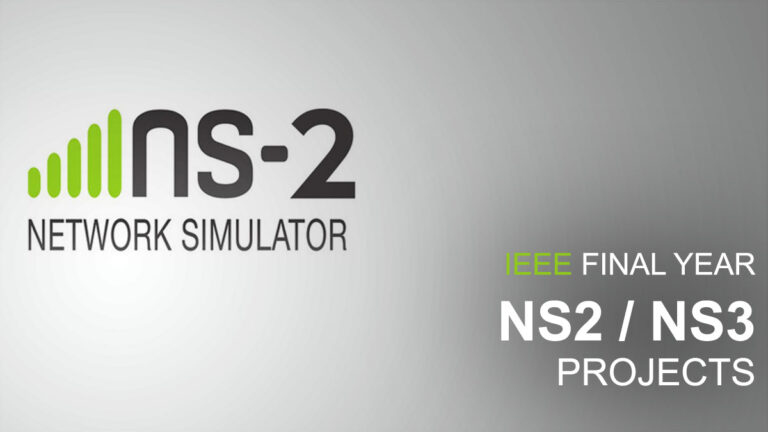
Abstract:
Intelligent networked vehicles are safe to drive thanks to vehicular ad hoc networks (VANETs). VANETs also face privacy, authenticity, and bandwidth issues. Many certificateless aggregate signature (CLAS) schemes exist to resolve these contradictions.
Most of them cannot resist malicious-but-passive key generation center attacks, replay attacks, link attacks, or track malicious vehicle identities. The random oracle model (ROM) only guarantees the security of VANET CLAS schemes, which may be insecure in practice. Most CLAS schemes have large verification delays and high communication overhead.
A new VANET conditional privacy-preserving CLAS scheme uses full aggregation technology to reduce computation and bandwidth resources to solve the above issues.
The standard model (SM) formal security proofs under the computational Diffie-Hellman problem (CDHP) show that this scheme is more secure than other CLAS schemes under ROM in practical applications.
In VANETs, pseudonyms provide conditional privacy. Performance analysis shows that this CLAS scheme is more efficient in computation and communication overhead than several others.
Note: Please discuss with our team before submitting this abstract to the college. This Abstract or Synopsis varies based on student project requirements.
Did you like this final year project?
To download this project Code with thesis report and project training... Click Here
